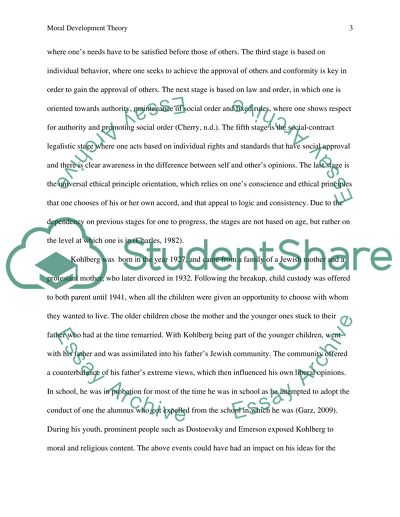Cite this document
(“Lawrence Kohlberg Research Paper Example | Topics and Well Written Essays - 1000 words”, n.d.)
Lawrence Kohlberg Research Paper Example | Topics and Well Written Essays - 1000 words. Retrieved from https://studentshare.org/psychology/1469016-lawrence-kohlberg
Lawrence Kohlberg Research Paper Example | Topics and Well Written Essays - 1000 words. Retrieved from https://studentshare.org/psychology/1469016-lawrence-kohlberg
(Lawrence Kohlberg Research Paper Example | Topics and Well Written Essays - 1000 Words)
Lawrence Kohlberg Research Paper Example | Topics and Well Written Essays - 1000 Words. https://studentshare.org/psychology/1469016-lawrence-kohlberg.
Lawrence Kohlberg Research Paper Example | Topics and Well Written Essays - 1000 Words. https://studentshare.org/psychology/1469016-lawrence-kohlberg.
“Lawrence Kohlberg Research Paper Example | Topics and Well Written Essays - 1000 Words”, n.d. https://studentshare.org/psychology/1469016-lawrence-kohlberg.


